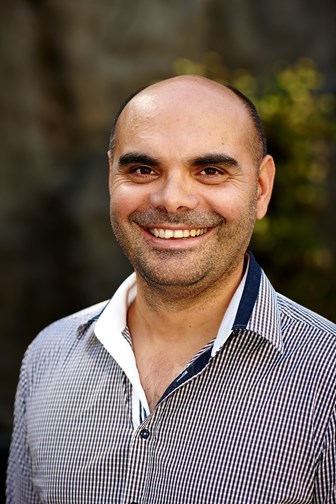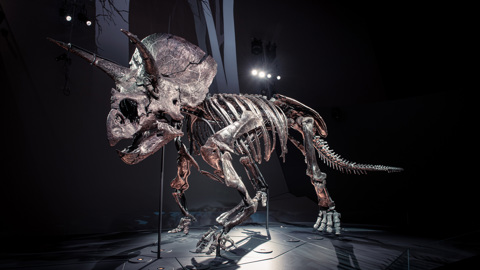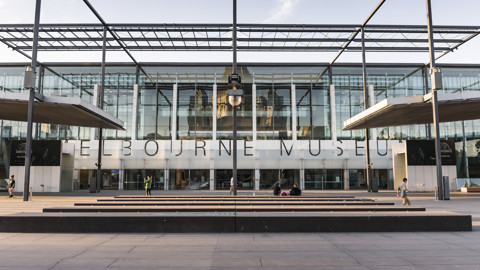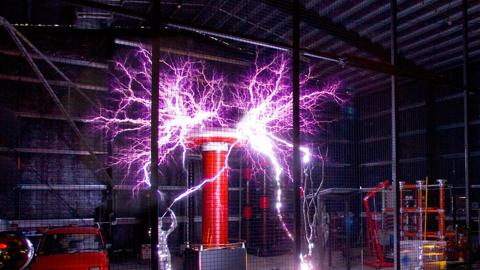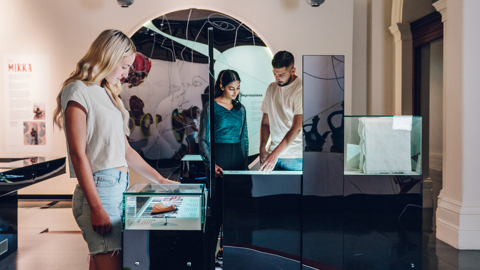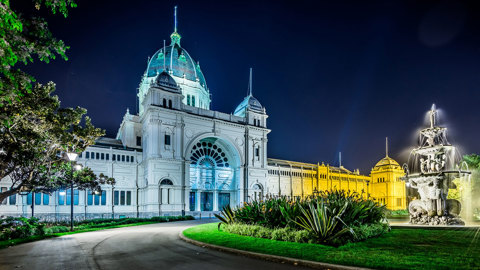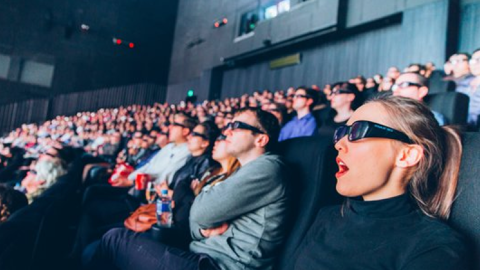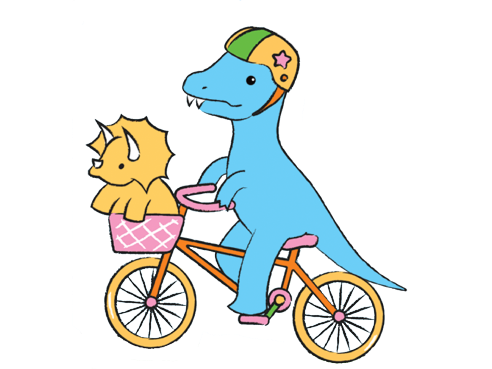About Victorian languages
Wmannjinde, ngetal makthar Paul Paton.
(Hello, my name is Paul Paton.)
I am the Executive Officer of the Victorian Aboriginal Corporation for Languages (VACL), a community organisation responding to language loss in a way that strengthens our communities. We place a focus on Koorie knowledge and capacity building – we co-ordinate and support individuals and communities reconnecting with their language, as well as promoting language to the wider community.
Victorian language map
This language map represents the diversity of Aboriginal culture in Victoria and our connection to Country. The uniqueness of language is based on the location – each language is deeply rooted to that land.
The voices you hear on this map represent different language groups – groups of families or tribes that speak that language. Normally those languages have a meaning, such as the 'wurrung' that you hear on the end of many of the words, which means 'tongue'. So these names relate to people and the language that they speak.
These languages are all part of larger language families, such as eastern Kulin, western Kulin, Gunditjmara or Gunaikurnai. There are eleven language families in Victoria and those families speak a common language, more similar than dissimilar.
Language, culture and identity
Language is your identity – it identifies who you are and where you come from - this applies to all languages, even Australian English. People travel the world and are identified by the language that they speak. You can be in Italy and you'll pick an Australian speaking in the same café as you because that's how we identify each other.
Language is the essence of who you are – it tells you where you come from, your connection to Country, where your Country is, it gives you those kinship structures about how your family relates to other families, gives you your history, it teaches you how to look after Country, the seasons – it underpins everything that culture is.
Knowing your language, knowing your history, your culture, strengthens your identity and that applies to anyone in the world, not just Aboriginal people. Without speaking that language, you're missing a huge chunk of your identity.
Reviving language
In Victoria, loss of language has occurred through several generations. We're in a situation now where not many Elders speak the language; they remember hearing language from their Elders, but that knowledge hasn't been passed on.
Our dream is for our children to be bilingual speakers. But we would also like the wider community to have an appreciation of our languages, and be able to speak them. That's going to take generations but that's something that we're heavily focused on, getting language and culture into schools. We've written curriculum and educational resources and, in time, this knowledge will spread and our languages will be learnt by all people, not just Aboriginal people.
Yarrabee
(Goodbye)
Language group: Gunnai
